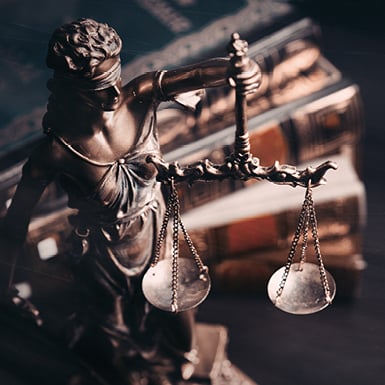Introduction
In a recent decision, Heineken Asia Pacific Pte Ltd v Super La Via Sdn Bhd [1](Heineken) the Malaysian High Court held that a party accused of trademark infringement could not rely on being a mere middleman just facilitating the importation of counterfeit goods to be sold by another party to a non-Malaysian market to avoid liability. The assertion of non-ownership of the said goods is not a statutory defence under the Malaysian Trade Marks Act 1976 (TMA). Consequently, the Court concluded that the secondary act of abetment of others would still constitute “use of goods in the course of trade” in terms of liability for trademark infringement.
Background
In Heineken the Plaintiff, Heineken Asia Pacific Pte Ltd, was the registered proprietor of the Bintang trademarks registered under class 32 in Malaysia (Bintang Marks). The Plaintiff contended that the Defendant, Super La Via, had admitted importing containers of beer bearing marks which were identical to or nearly resembling one or more of the Bintang Marks (Counterfeit Bintang Beer) into Malaysia, via two shipments. The Defendant submitted that it was a “middle-man” which leased its import licence and imported the Counterfeit Bintang Beer for other parties to be sold in other countries. As these shipments were meant for other parties, the Defendant claimed that it was not the owner of the Counterfeit Bintang Beer.
The High Court Judge ruled in favour of the Plaintiff on the basis that the Defendant used marks that were comparable or almost equivalent to the Bintang Marks. Furthermore, the offending mark had been purposefully crafted to copy the Bintang Marks to mislead consumers that the Counterfeit Bintang Beer was in fact produced by the Plaintiff.
The High Court also held that the Defendant’s secondary act of abetment of others was sufficient in connecting it with the use of Counterfeit Bintang Beer, notwithstanding that another party may have been the principal party which ultimately owned the Counterfeit Bintang Beer. The Defendant’s involvement amounted to “use in the course of trade” under Section 38(1) of the TMA. The phrase “use in the course of trade” is not restricted to the manufacture, importation, offer to sell, sale, marketing, promotion or advertisement of goods in Malaysia. Instead, it is to be widely defined and liberally interpreted to include the Defendant’s involvement in the transshipment of Counterfeit Bintang Beer. This is especially so in light of the rampant piracy and importation of counterfeit goods.
Key Takeaways
This
decision has the effect that the secondary act of abetment of others in the transhipment
of counterfeit goods will constitute “use of goods in the course of
trade” pursuant to the TMA and suffices to establish liability. This decision is well-received, especially in
light of the rampant piracy and importation of counterfeit goods. In this case, the High Court took judicial
notice that counterfeit alcoholic beverages can be detrimental, if not also
fatal, to consumers.
[1] [2019] 9 CLJ 365



